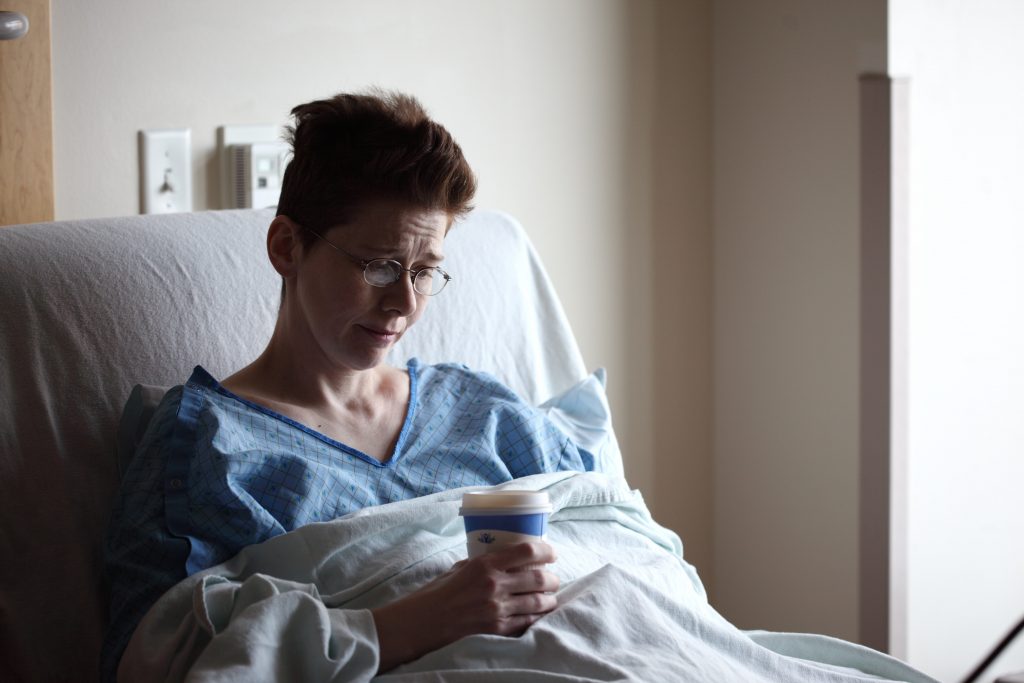
Our culture has changed a lot in a very short time due to Coronavirus and it can be hard to wrap your mind around it. Handshakes no longer seem friendly, but like a potential threat. And suddenly, we’re advised to distance ourselves to keep our fellow humans safe. In the age of Covid-19, stay away to show you care. There is an emotional toll from these kinds of contradictions.
We’re also pushing for more testing so we can get a handle on how many people are infected. But it turns out that getting diagnosed — while it helps us to get a handle on the pandemic — comes with some emotional consequences of its own.
Feeling Shame?
After listening to weeks of scary information about the Coronavirus, it’s understandable that getting diagnosed with it would be frightening, too. At the same time, we have watched people congregate on Clearwater Beach and tsked-tsked as a country about their carelessness. Message boards are filled with people urging others to stay home or scolding them for taking too many risks. It’s this very same social pressure to socially distance that is likely responsible for making the sick feel ashamed or guilty.
Unfortunately, social distancing — while it is critical for “flattening the curve” — is not a magic wand that can wave the virus away. It can help, no question. However, despite people’s best efforts to wash hands and stay away, they can still get the virus. Call it being in the wrong place at the wrong time or more likely, being around someone who was sick and didn’t know it. It’s impossible to remove all risk. The result is that a lot of us are going to get sick even though we followed the “rules” as much as humanly possible.
So if you have been diagnosed and find yourself feeling weirdly ashamed or yuckily contaminated, please take heart. The Coronavirus does not pick out people to punish. It is viral and capricious and you got it because you got it, not because there is something wrong with you as a person. It’s vital that you make that distinction in your own mind so that you can weather quarantine without sacrificing your emotional health.
Strategies for Fighting Shame
Here are some strategies for fighting shame:
-Imagine Coronovirus as an unwelcome visitor has barged its way in, will trash the place for a while, and then leave. It’s something you have, not something you are. If you can, assign it a face and a nickname to make that difference more real for yourself.
-Practice mindfulness and meditation. There are wonderful (and free) apps like Calm and Buddhify for helping train your brain for relaxation.
-Express self-compassion. This situation is already difficult, but you are also sick and understandably afraid. That calls for a compassionate response, not a critical, shaming one.
-Read about shame. Books like this one can be extremely helpful in understanding why you are someone who tends to feel shame and what to do about it.
-Remind yourself that your isolation is an active thing you are doing to keep others safe. It’s a sacrifice and a thoughtful, responsible choice that you have made, not the result of something wrong with you.
If you are having trouble managing the feelings of shame and anxiety on your own, professional help is available through online counseling. Most practices have gone online, including Nova Terra Therapy. Please reach out if you need some support.
